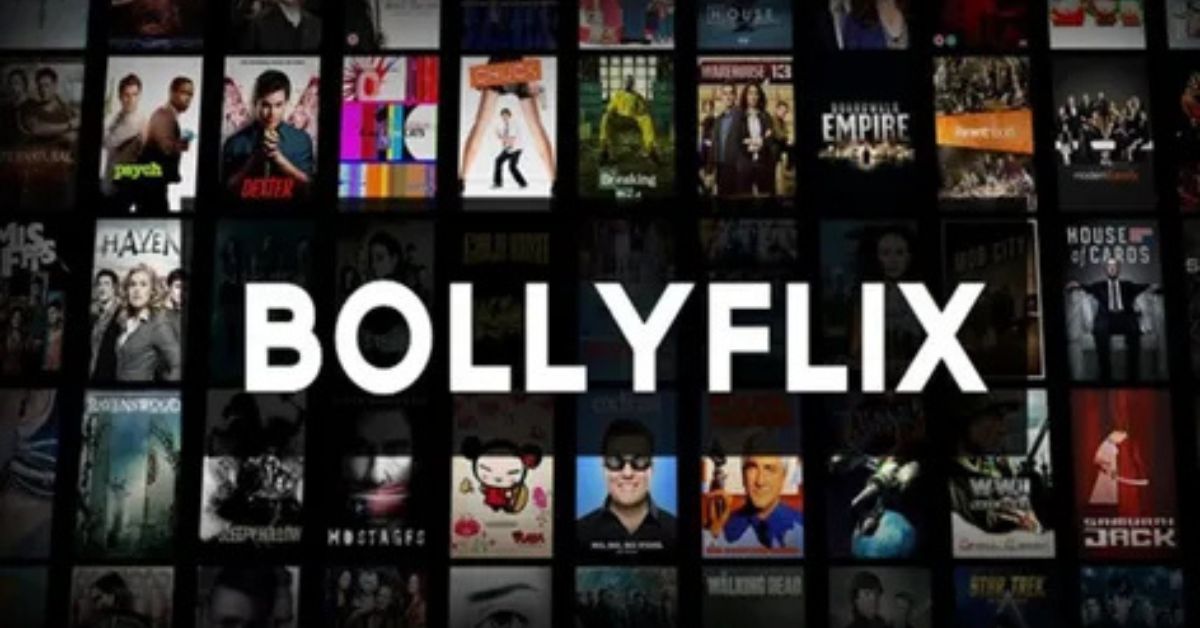Table of Contents
Introduction to Movie Recommendation Engines
Lights, camera, action! Are you tired of endlessly scrolling through streaming platforms to find the perfect movie?
Enter movie recommendation engines – your personalized ticket to cinematic bliss. These innovative tools use cutting-edge technology to suggest films tailored to your tastes and preferences.
Join us on a journey through the world of movie recommendation engines as we explore how they work, their types, benefits, and the future of this exciting field.
Say goodbye to decision fatigue and let technology help you discover your next favourite film!
How Do Movie Recommendation Engines Work?
Have you ever wondered how movie recommendation engines know exactly what films you might like? It all starts with collecting data on your viewing habits, ratings, and preferences. These engines analyze this information using complex algorithms to understand your tastes.
By comparing your data with other users with similar watching patterns, the system can suggest movies that align with your interests. This process is known as collaborative filtering. Additionally, content-based filtering recommends films based on specific attributes such as genre, actors, or directors.
Some advanced recommendation engines also continuously incorporate machine learning techniques to improve their suggestions based on user feedback.
By adapting and learning from each interaction, these systems aim to provide increasingly accurate and personalized movie recommendations tailored just for you.
Types of Movie Recommendation Engines
Various types of movie recommendation engines cater to different preferences and behaviours. Collaborative filtering algorithms analyze user behaviour to recommend movies based on similar users’ tastes.
Content-based filtering focuses on the attributes of the film, such as genre or actors, to make recommendations.
Another type is hybrid recommendation engines, which combine collaborative and content-based approaches for more accurate suggestions. Knowledge-based systems rely on explicit knowledge about the user’s preferences and movie characteristics.
Furthermore, demographic-based recommendation engines consider factors like age, gender, or location when making suggestions. Context-aware recommendation engines consider situational factors like time of day or device used to provide personalized recommendations.
The Importance of Personalization in Movie Recommendations
Picture this: you’re scrolling through endless movie options, overwhelmed by the many choices available. That’s where personalization steps in to save the day. Personalized movie recommendations understand your unique preferences and viewing habits, making discovering content tailored just for you easier.
A personalized recommendation engine can suggest films that align with your tastes by analyzing your past interactions with movies. This can save you time and effort in finding your next favorite flick. It’s like having a virtual movie guru who knows precisely what will pique your interest.
With personalization, the days of aimlessly selecting movies based on generic ratings or popularity are gone. Instead, you get curated suggestions that resonate with your individual preferences and ensure a more enjoyable viewing experience every time.
So sit back, relax, and let the magic of personalized recommendations guide you to cinematic bliss.
Popular Movie Recommendation Engines
When it comes to popular movie recommendation engines, there are a few standout platforms that have gained recognition for their accuracy and user-friendly interfaces. One of the most well-known services is Netflix, which combines collaborative and content-based filtering to suggest movies based on your viewing history and preferences.
Another widely used movie recommendation engine is IMDb, which is known for its extensive database of films and TV shows. IMDb offers personalized recommendations tailored to your entertainment tastes by analysing user ratings, genres, and keywords.
Amazon Prime Video also employs sophisticated algorithms to recommend movies that align with your interests. By considering factors like viewing habits and ratings, Amazon Prime Video aims to enhance your streaming experience by suggesting relevant content you may enjoy.
These popular movie recommendation engines play a vital role in helping users discover new movies and TV shows they might otherwise overlook.
Factors to Consider When Choosing a Movie Recommendation Engine
When choosing a movie recommendation engine, it’s essential to consider the algorithm used. Some engines rely on collaborative filtering, analyzing user behaviour to make suggestions. Others use content-based filtering, focusing on movies’ attributes.
Additionally, consider the level of personalization offered by the engine. A sound recommendation system should tailor its suggestions based on your preferences and viewing history.
Consider the variety of movies available in the platform’s database. A diverse selection increases the likelihood of discovering new films that align with your tastes and interests.
Evaluate how user-friendly the interface is. An intuitive design can enhance your overall experience and make navigating through recommendations seamless and enjoyable.
Assess any additional features or benefits provided by the engine. Whether it’s integration with streaming services or social sharing capabilities, these extras can elevate your movie-watching experience even further.
Benefits of Using a Movie Recommendation Engine
Are you tired of scrolling through endless movie options only to watch something mediocre? Movie recommendation engines are here to save the day! By using advanced algorithms, these tools analyze your viewing history and preferences to suggest personalized movie recommendations tailored just for you.
One of the main benefits of using a movie recommendation engine is discovering hidden gems that align with your taste. Say goodbye to endless browsing and hello to efficiently finding movies you’re likely to enjoy based on your unique interests.
Additionally, these engines can introduce you to new genres or directors that you may have yet to consider exploring. You can quickly expand your cinematic horizons and uncover films outside your comfort zone.
Moreover, utilizing a movie recommendation engine saves valuable time and avoids decision fatigue when choosing what film to watch next. Let technology do the heavy lifting for you so that you can focus on enjoying quality content without the hassle of indecision.
Challenges and Limitations of Movie Recommendation Engines
While movie recommendation engines have significantly improved how we discover films, they have challenges and limitations. One common issue is the need for more diversity in recommendations, where users may end up stuck in a narrow range of genres or themes. This can limit exposure to new and diverse content outside their usual preferences.
Another challenge is over-personalization, where recommendation algorithms may struggle to accurately predict user preferences due to limited data or biased input. This can lead to repetitive suggestions or missed opportunities to discover hidden gems.
Additionally, privacy concerns surrounding data collection and user profiling remain a significant obstacle for some individuals who are hesitant to share their viewing habits with recommendation systems. Ensuring transparency and consent in data usage is crucial in addressing these concerns.
Moreover, the issue of scalability arises as movie databases continue to grow exponentially, making it increasingly difficult for recommendation engines to keep up with the sheer volume of content available.
As technology advances and user demands evolve, overcoming these challenges will be essential for enhancing the accuracy and relevance of movie recommendations provided by these systems.
Future Developments and Innovations in the Field
As technology advances, the future of movie recommendation engines looks promising. One exciting development is the integration of AI and machine learning algorithms, which allows for even more accurate and personalized recommendations. These advanced algorithms can analyze user behaviour in real time, leading to a more dynamic and responsive system.
Moreover, sentiment analysis and natural language processing techniques are on the rise. This enables recommendation engines to understand what users watch and how they feel about it. By tapping into emotions and context, recommendations can become even more tailored to individual preferences.
Furthermore, collaborations between streaming platforms and content creators will likely shape the future landscape of movie recommendations. By leveraging data analytics and viewer feedback, these partnerships can lead to curated suggestions that align with audience expectations.
As technology evolves rapidly, movie recommendation engines can expect to become more innovative, intuitive, and indispensable tools for discovering new films that resonate with each viewer’s unique tastes.
Conclusion
Movie recommendation engines have revolutionized the way we discover and enjoy films. These engines provide tailored recommendations that cater to our preferences by utilising advanced algorithms and personalised data. As technology advances, we can expect even more sophisticated movie recommendation engines that will further enhance our entertainment experiences.
Whether you are a casual movie-goer or a film enthusiast, leveraging a movie recommendation engine can streamline your search for the next great watch. From saving time to discovering hidden gems, these tools offer countless benefits that make them indispensable in today’s digital age.
As we look towards the future of movie recommendation engines, exciting developments and innovations are on the horizon. With ongoing improvements in AI and machine learning, we can anticipate even more accurate and personalized recommendations that will continue to elevate our viewing experience.
In a world overflowing with content options, movie recommendation engines are valuable companions in navigating the vast cinema landscape.
Why not embrace this technology and let it guide you towards your next cinematic adventure?
Happy watching!






